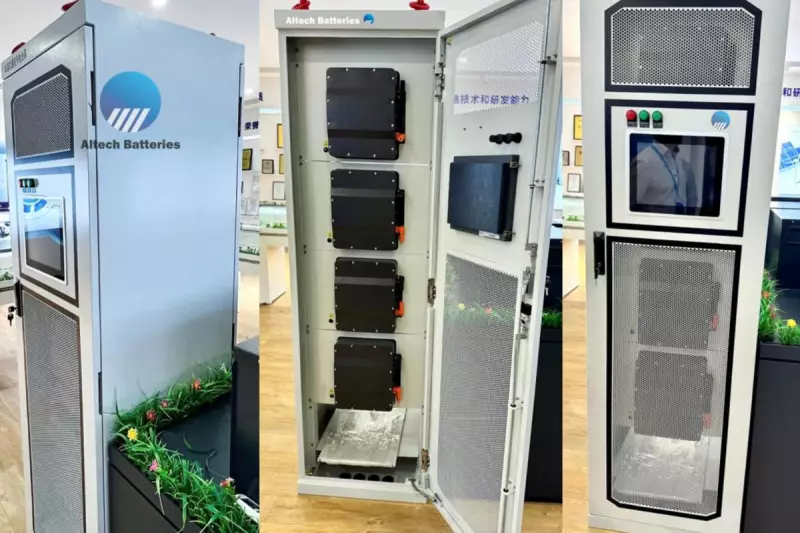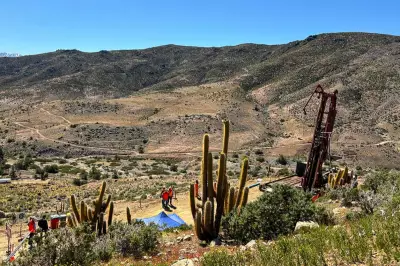
Perth-based Altech Batteries has passed a critical milestone, finalising the engineering design for its innovative sodium-nickel-chloride battery systems. This clears the last major obstacle before the company begins its first production run next year.
The 400-volt batteries are scheduled to be manufactured at the facilities of its German partner, AMPower. From there, they will be shipped directly to key locations in the Netherlands, including gas pipeline facilities and industrial plants. These power units are considered a significantly safer energy storage alternative to traditional lead-acid and lithium-ion batteries.
From Design to Deployment
With the design now complete, the inaugural battery system is booked for full factory acceptance testing (FAT) in mid-March 2026. Once this crucial test is successfully passed, the battery modules will be immediately dispatched to the Netherlands.
Five live sites are already prepared for installation, spanning safety-critical gas transmission stations, control nodes, and heavy-industry backup locations. The retrofit process is designed to be remarkably straightforward.
Each site will simply swap out its ageing lead-acid or nickel-cadmium battery racks for Altech's stainless-steel, fireproof SNC cabinets. The company emphasises that no complex upgrades are needed—no inverter changes, no rectifier upgrades, and no new wiring runs. It's a simple case of wheeling the new unit in, bolting it down, and walking away.
The Technology Behind the Battery
Altech's 2-metre-tall cabinet packs four 'ZEBRA-type' SNC modules, delivering 384 volts at 82 ampere-hours, which equates to approximately 35 kilowatt-hours of energy.
One of the most significant advantages is the battery's resilience. It requires zero active cooling and can operate effectively in a massive temperature range, from a frigid -40 degrees to a scorching 55 degrees Celsius. This makes it suitable for virtually any location on Earth.
This new modular system is positioned as a perfect alternative for European pipeline and utility engineers, especially when compared to lithium-ion batteries, which can sometimes have a propensity to self-combust—a highly undesirable scenario in the oil and gas industry.
Proving Ground in a Demanding Market
Altech Batteries managing director, Iggy Tan, stated, "Completing the final design shifts the program from development into real-world deployment, and the upcoming FAT in mid-March 2026 will be a pivotal moment. With five Dutch sites preparing to receive the first systems, we are now entering an important proving phase that will demonstrate the performance, safety, and reliability advantages of our SNC UPS technology."
Success in the Netherlands, a market known for its rigorous regulations and operational standards, carries heavyweight reference value for expansion throughout the European Union. The five initial installations will generate invaluable field data on performance under real-world conditions.
From drawing boards in Perth to the Dutch gas grid in under four months, Altech's SNC initiative has transitioned from promise to reality. When the first cabinets go live next year, the battery that runs on table salt will get its chance to prove its mettle against its lithium-ion competitors.





